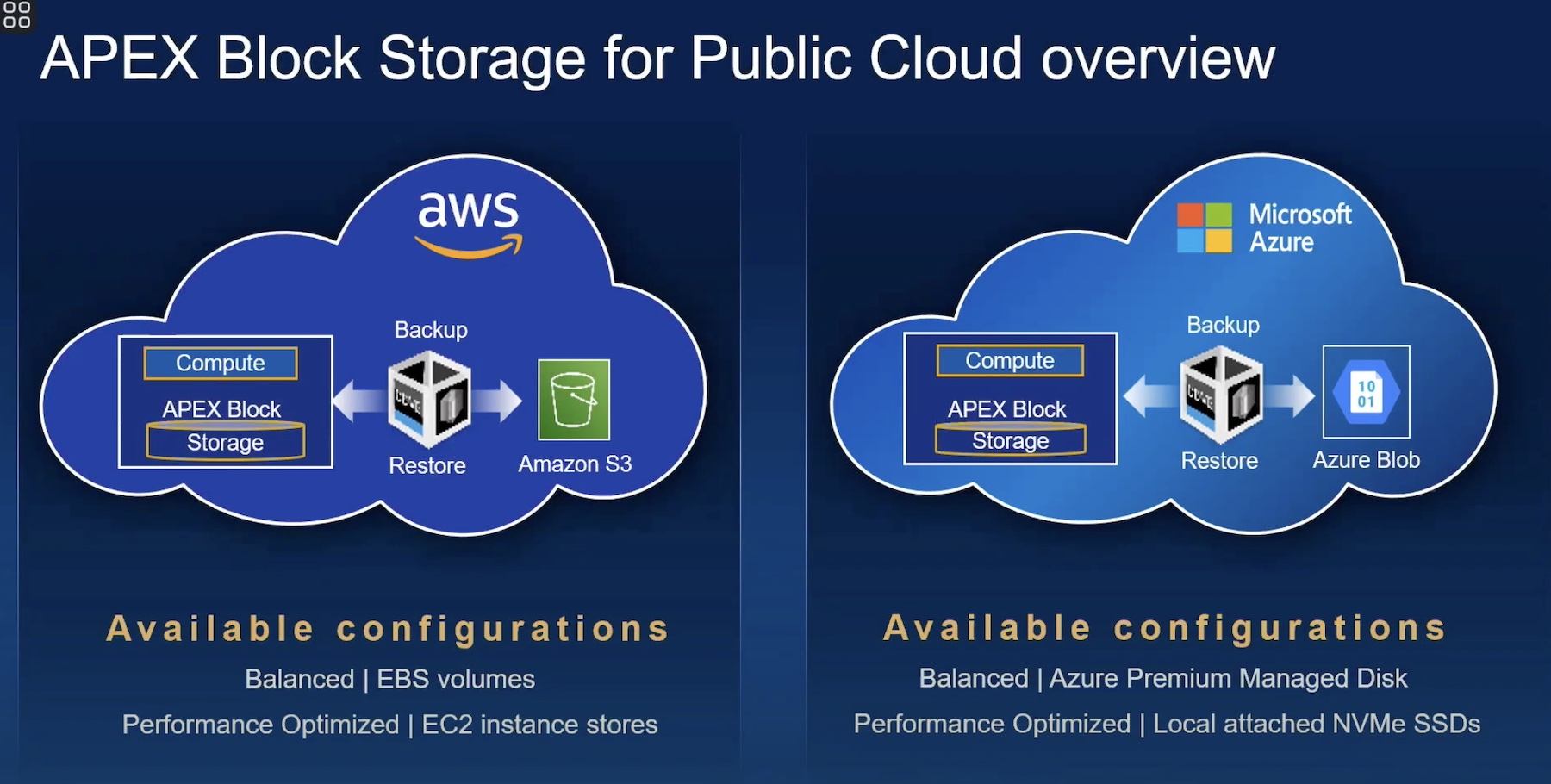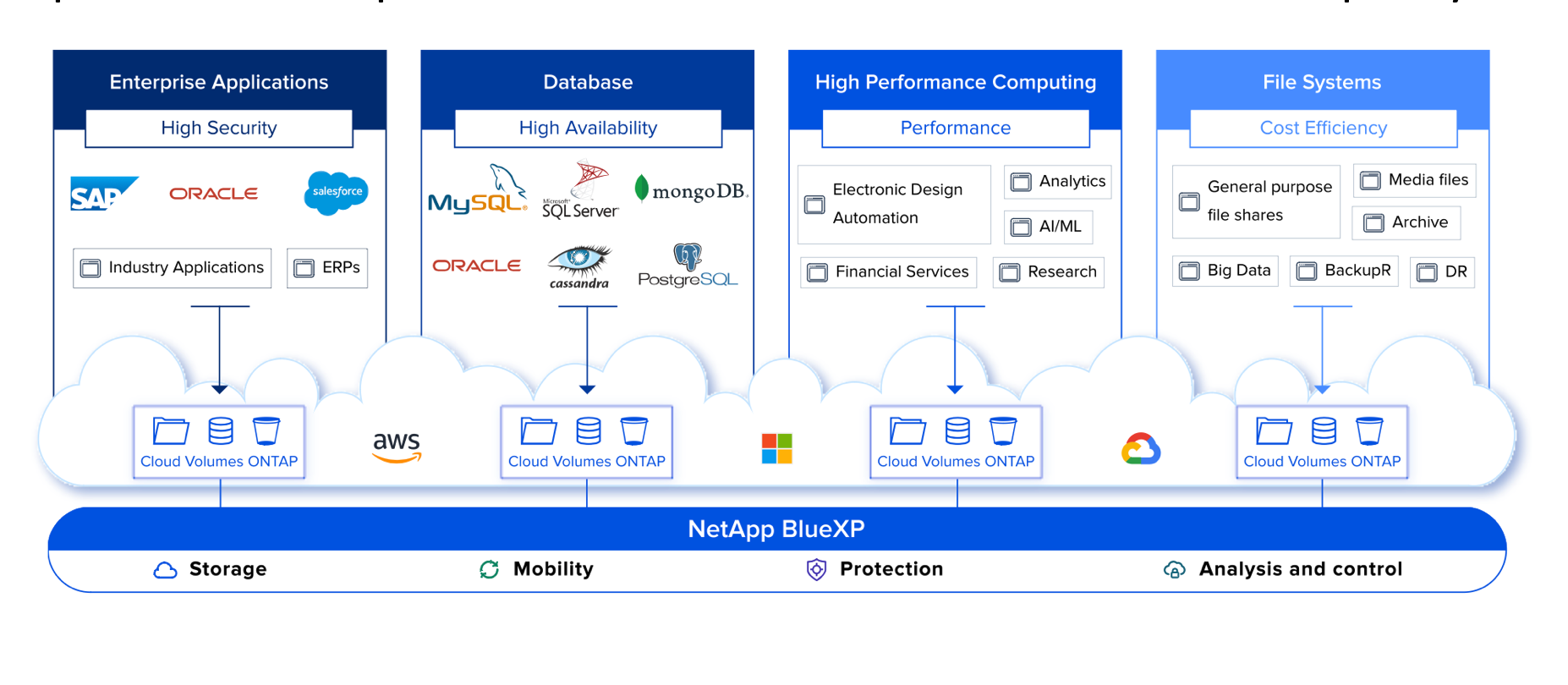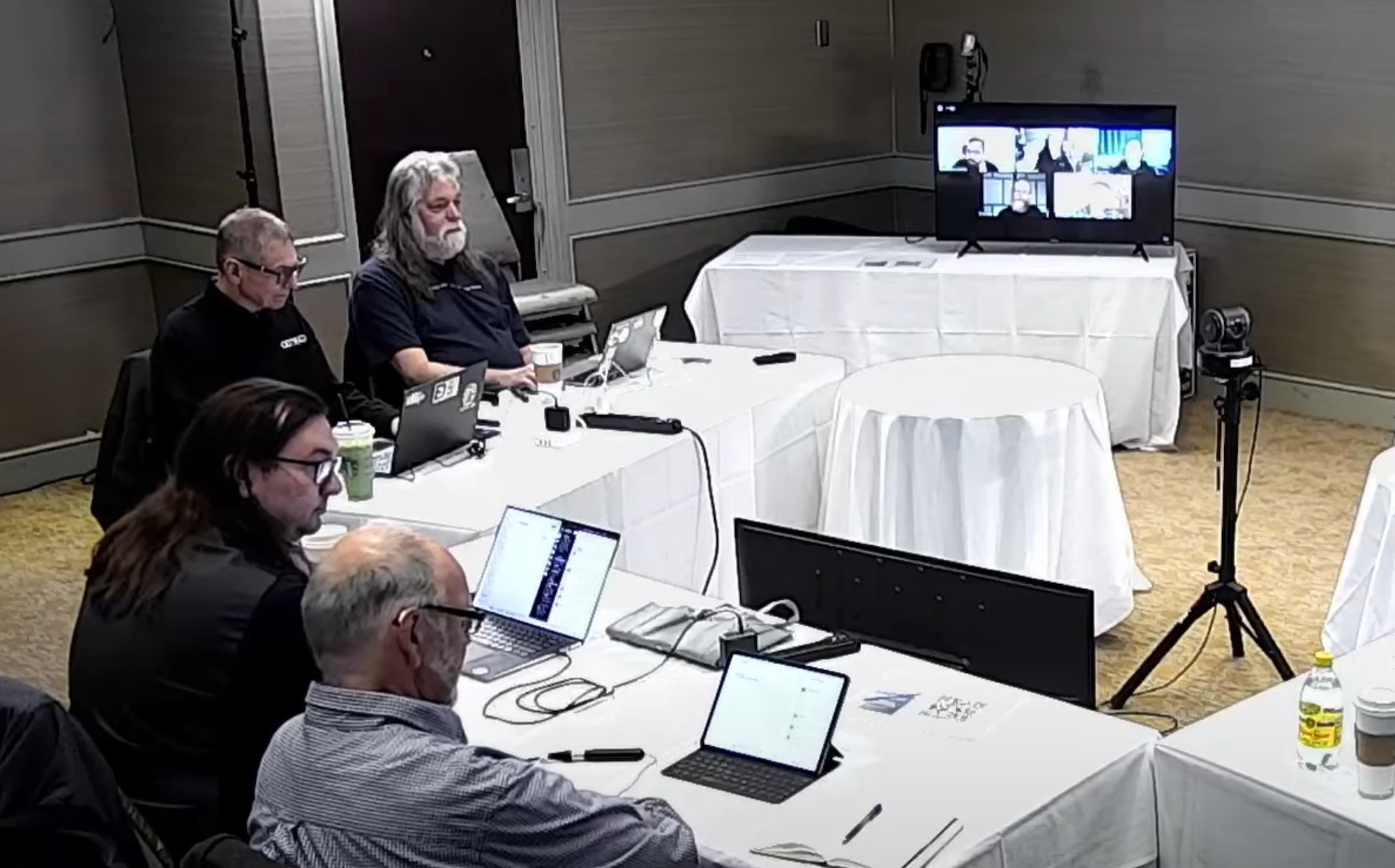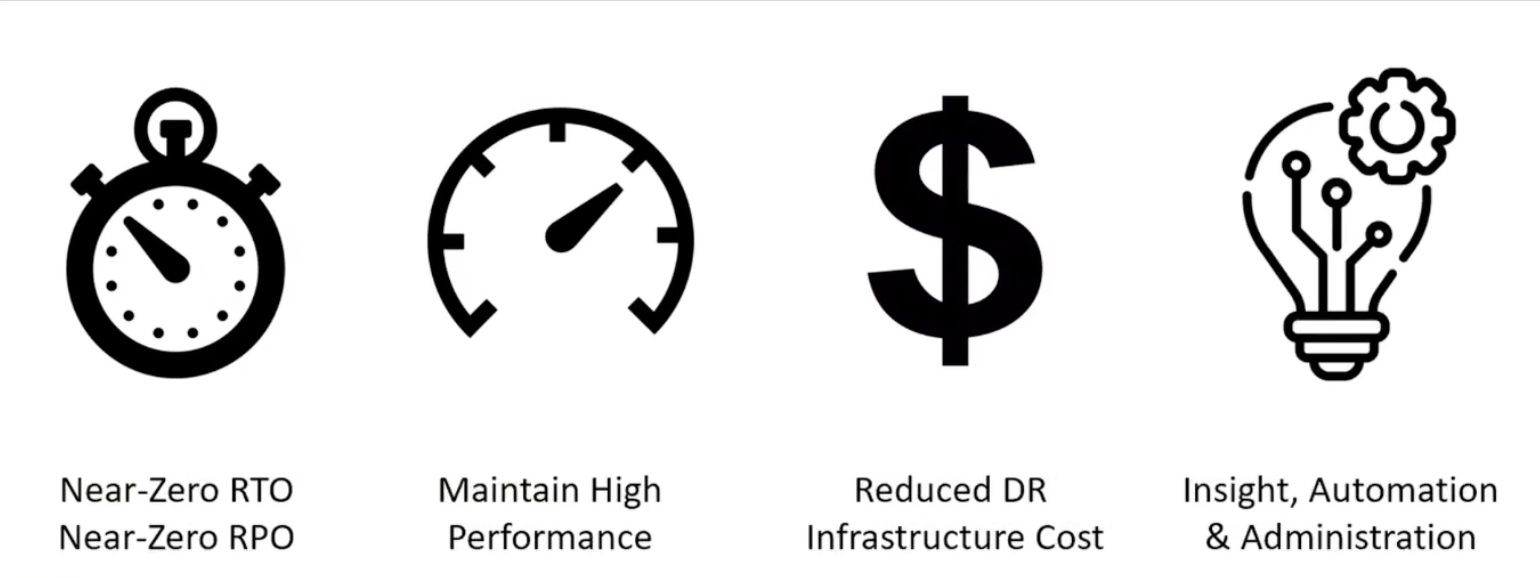The idea of the public cloud seems simple enough. It provides resources on demand, you pay for what you use, and don’t have to worry about maintaining your private infrastructure. But Tim Crawford points out in this piece the key to understanding the true cost of the cloud for people looking to migrate. If you’re not taking into account the cost of changing behavior, you’re missing the whole point.

Raining on your cloud
Tim compares it between owning a big family car, and paying to rent one every day. I like to think of it a little differently. It’s the difference between owning a car and using Uber to get around. If I lived in the city, could walk to work, and only needed a car occasionally, Uber becomes fairly cost effective. But I live in the suburbs and need to drive several times a day, it would be silly to even consider it. That’s Tim’s point. Cloud migration isn’t just about getting your VMs over to AWS. Any cost analysis also needs to factor in the cost of adding orchestration or automation to an application to take advantage of cloud resources. It needs to include moving more architectural resources over to apps because you can’t reply on it when it’s off-site. There’s a host of considerations that turn the siren call of the cloud into a much more cautionary tone.
Tim Crawford comments:
Enterprises often look toward public cloud as a cost savings measure. Cost savings is the first stage of the enterprise maturity model leverage cloud. The thinking is that public cloud is less expensive than corporate data center options, right? Yes and no. Enterprises are learning the hard way that public cloud is not less expensive than corporate data center options. Why is that the case and can anything be done to change the outcome?
Read more at: Is public cloud more or less expensive than corporate data center options?
Image Credit: Pato Garza




